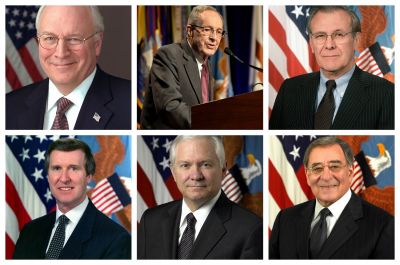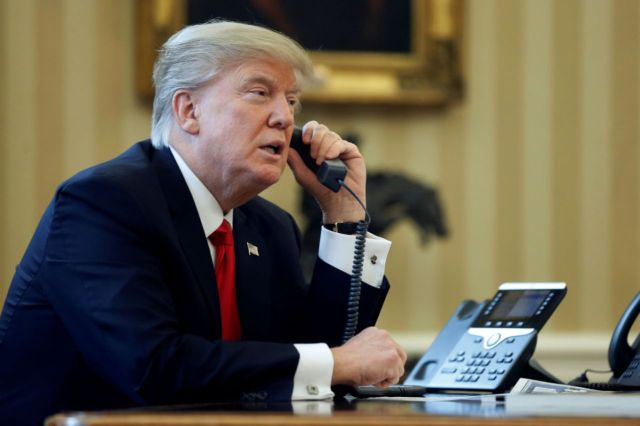The list of the critics of US President Donald Trump is getting longer as all 10 living former secretaries of defense cautioned against involving the military in pursuing claims of Presidential election fraud. The former Pentagon chiefs said that it would take the country into "dangerous, unlawful and unconstitutional territory".
The former defense chiefs belong to both Democrat and Republican administrations. They signed an opinion piece published in The Washington Post. The article questioned Trump's willingness to follow his Constitutional duty to peacefully hand over power on January 20.
"The time for questioning the results has passed; the time for the formal counting of the electoral college votes, as prescribed in the Constitution and statute, has arrived," wrote 10 former Pentagon chiefs.



In the article, they also wrote that civilian and military officials who direct or carry out such measures would be accountable, including potentially facing criminal penalties, for the consequences of their actions on the democracy.
The article was signed by Dick Cheney, William Perry, Donald Rumsfeld, William Cohen, Robert Gates, Leon Panetta, Chuck Hagel, Ash Carter, James Mattis and Mark Esper. According to the report, the idea for writing the opinion article began with a conversation between Cheney and a former Pentagon official, Eric Edelman, about how Trump could use the military in the coming days.
Loyalty Is to the Constitution

Many senior military officials, including Gen. Mark Milley, 20th Chairman of the Joint Chiefs of Staff, said in recent weeks that the military has no roles to play in terms of determining the outcome of the US Presidential election. He also explained that the US military is loyal to the Constitution, not to any individual or political party.
The 10 former chiefs also elaborated the dangers of impending a complete and smooth transition at the Defence Department before swearing-in-ceremony as part of the transfer of power to President-elect Joe Biden. The incoming president of the US complained that his team has "encountered obstruction" and "roadblocks" from political leadership at the Defense Department and Office of Management and Budget.
The former defense chiefs also wrote that the transfer of power often happens at times of international uncertainty about the national security policy and posture. "They can be a moment when the nation is vulnerable to actions by adversaries seeking to take advantage of the situation," they added.
Read more








